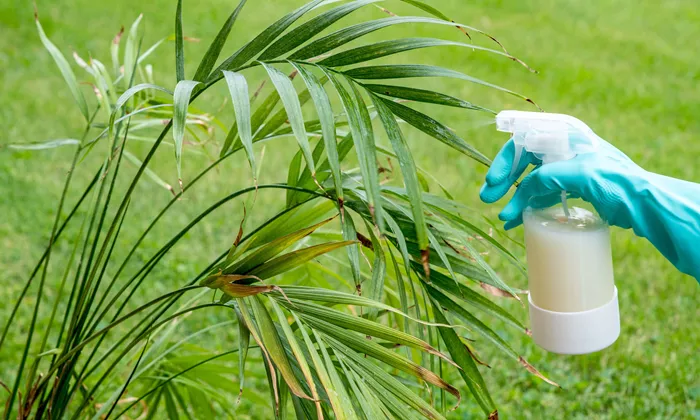Neem oil, derived from the seeds of the neem tree, is a natural, organic pesticide widely used to protect plants and flowers from a broad spectrum of pests and fungal diseases.
Its key active compound, azadirachtin, disrupts insect feeding and reproduction, effectively controlling insects like aphids, thrips, whiteflies, spider mites, Japanese beetles, and caterpillars, which commonly damage garden plants and flowers.
Besides insect control, neem oil also helps manage fungal infections such as powdery mildew, black spot, and leaf spot, slowing their spread on plants like roses and fruit trees.
It works by preventing fungal spore germination and penetration, making it a valuable tool for maintaining healthy foliage and blossoms.
To use neem oil safely on plants and flowers, apply it as a spray early in the morning or late in the day to avoid leaf burn from sunlight. It should be sprayed thoroughly on both the tops and bottoms of leaves and reapplied weekly for ongoing protection.
Testing on a small leaf before full application is recommended, especially on tender or young plants, as neem oil can sometimes cause foliage damage.
Neem oil is biodegradable and generally safe for beneficial insects like bees (when applied outside their active hours), earthworms, birds, and pets, making it an eco-friendly choice for gardeners aiming to protect their plants naturally. However, it is slightly toxic to fish and aquatic animals, so care should be taken to avoid runoff into water bodies.
In summary, neem oil is a versatile, natural solution for safeguarding plants and flowers against a wide range of insect pests and fungal diseases, supporting vibrant and healthy gardens.


